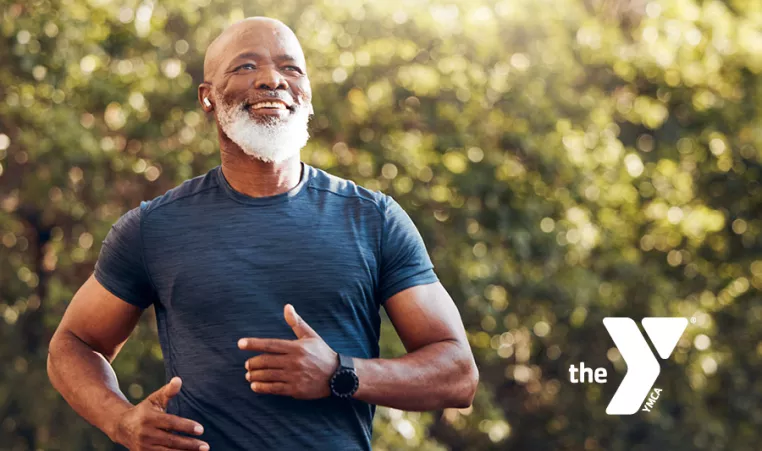
MOVEMENT IS MEDICINE
“Movement is a medicine for creating change in a person’s physical, emotional, and mental states.” – Carol Welch
In 400 B.C. Hippocrates said, “Exercise is the absolute best medicine among men.” Yet, despite that age-old advice, sedentary lifestyles have led to both physical and mental decline in our society today. Ever increasing jobs and hobbies, sitting behind computers and T.V. screens, have led to inactivity now being one of our leading causes of death.
The benefits of exercise and physical activity have been well documented over the years:
- Preserves Cardiorespiratory health
- Strengthens bones and preserves muscle mass
- Helps to maintain a healthy weight
- Revs up the immune system
- Lifts mood, alleviates depression
- Raises feelings of satisfaction and self-esteem
Among many, many others…
The above benefits do not demand Herculean efforts, small increments of activity are shown to have a positive effect. Small steps transform into big gains over time. Start where you are and try setting “mini-goals” to get the ball rolling.
- Find your “why.” Is it to live a long life, experience less pain, or improve mental health? Find your motivator, that thing that will get you moving on even the toughest days. Connie Carr, a 91 year old, 3 class per week aqua instructor at Butler-Gast YMCA, told me on her 90th birthday that her husband passed away when they were in their 50’s and she knew that she had to get moving so that she would stay around a lot longer for her family. She found her “why” and it is definitely working for her!
- Listen to your body. Learn to interpret stiffness, aches and pains, and lethargy as cues to move around, not as signals to sit & rest. Try getting up every hour to walk around or stretch. I’ve learned this very important lesson myself in my 25 year fitness instructor career, some mornings I wake up so tired and sore that I think, “this is the morning that I have to call in, I can’t do it.” But guess what? I get up and get moving, by the time I get through that first class warm-up I have more energy and by the time the class is over, the aches and pains are gone and I am ready to take on the day!
- Begin with small doses. Start with 5-15 min. a day of walking or your favorite aerobic activity and gradually build to 150 min. per week. The biggest mistake I see people make is that they are all “gung-ho” and over -do-it to start with. The first week they are trying a new class everyday and by the end of the week they are tired, sore, possibly injured and they have to lay off a week or two which ruins their momentum. Start slow and gradually build momentum for longevity!
- Make it a habit. Mark off times on your calendar for your “appointments” with exercise. Leave a packed gym bag in your car, have contingency plans A, B, & C, just in case your day does not go as planned. People are always amazed that 5am and 6am classes are packed, but they have figured out the secret to consistency – get in there and get it done, before your day has a chance to get in the way!
- Take the proper dose. Movement is medicine, but you can “overdose” on it. Everyone’s health situation is different, with the help of health & wellness professionals find the type, duration, and frequency of movement that is right for you. I sit down with a class schedule with each of my personal training clients and we plan out their week – “these are your training days, these are your options for active recovery, and here are some options for cardio days.” They then take that schedule and make their own choices for what is right for them and their body. Maybe Bodypump is not a great choice for them, but Aqua Intervals every other day is!
Movement is indeed medicine, but like medicine prescribed from the doctor, finding the right type, dosage, and timing is incredibly important to building consistency that leads to lifetime longevity.
Michelle Montague, Maple Street YMCA